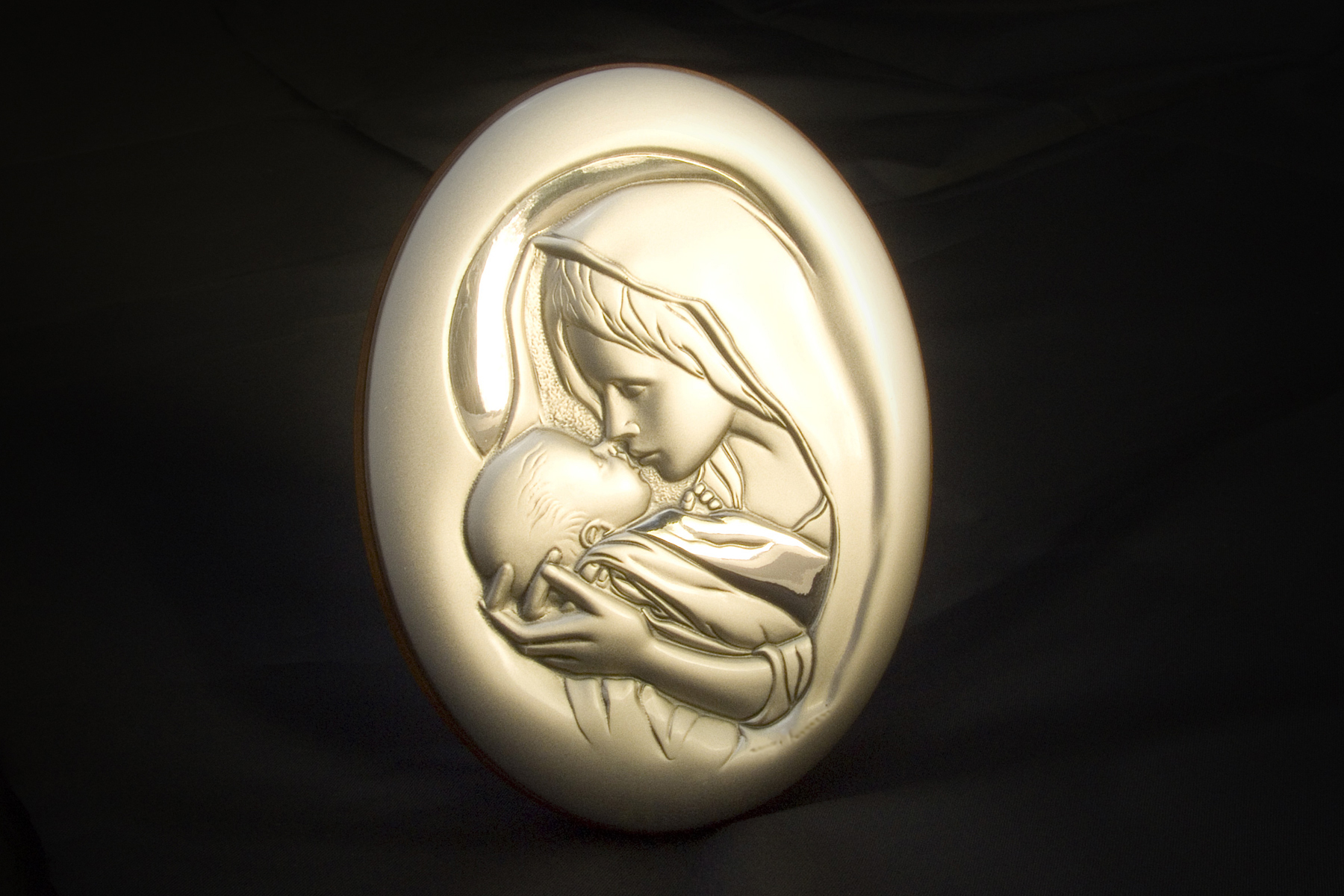Excerpted from In Those Days and In These, an Advent Devotional Guide from the NC Council of Churches
In the fifteenth year of the reign of Emperor Tiberius, when Pontius Pilate was governor of Judea, and Herod was ruler of Galilee, and his brother Philip ruler of the region of Ituraea and Trachonitis, and Lysanias ruler of Abilene, during the high priesthood of Annas and Caiaphas, the word of God came to John son of Zechariah in the wilderness. He went into all the region around the Jordan, proclaiming a baptism of repentance for the forgiveness of sins, as it is written in the book of the words of the prophet Isaiah,
“The voice of one crying out in the wilderness:
‘Prepare the way of the Lord,
make his paths straight.
Every valley shall be filled,
and every mountain and hill shall be made low,
and the crooked shall be made straight,
and the rough ways made smooth;
and all flesh shall see the salvation of God.'”
Luke 3:1-6
____________________________________________________________________________________
What strikes me first about this Gospel passage is how much of it is spent explaining exactly who’s in charge. Emperors and governors, rulers and priests. There’s a lot of hierarchy and people with titles.
And then we get to who is getting something done. That would be John, Zechariah’s boy, who was hanging out in the wilderness until the call came. Go, you untitled-opposite-of-entitled-wilderness-wandering-son-of-no-one-in-particular and take responsibility for preaching the word of God.
People in high places don’t always pay attention to the Johns of this world, at least not until they have to. They are more concerned with power and the others who wield it. Folks they perceive as their equals rather than acknowledging that Jesus thought we all should be equal.
Next we get to the words of Isaiah which seem to be all about making the journey easier, smoother, and more direct. We are straightening paths, filling valleys, flattening speed bumps, and fixing potholes. Because the distance between God and God’s beloved children should be as direct and obstacle-free as possible. If they’d had GPS, it would have been steering them around the traffic jams and road construction.
When we think of our sisters and brothers who are refugees from Syria, as with refugees from other countries and throughout history, we know that they did not become priorities for many of those in power until the numbers became too huge to ignore. Until they were knocking at Europe’s door so persistently, that no one could close the blinds, turn out the lights, and pretend they were not at home. When people started to drown in the crossing, their bodies washing up on otherwise pristine beaches, the folks with the titles had to respond. Never mind the aid workers and NGO leaders, many of them affiliated with faith-based groups, who have been warning of an impending crisis while doing all they could to avert one.
So now the question becomes how difficult will we make the path? How many obstacles will be thrown up between refugees fleeing horrible circumstances and the relative safety that more stable countries might offer. Will we, as people who worship a baby born far from his parents’ homeland, work to make the lives of refugees better?
Even those of us without titles – but who live in relative comfort and reasonable ease –have to recognize our ability to bring about change. We can donate or host, we can advocate and hold accountable. We can try to be sure the system isn’t stacked against the vulnerable – that the process isn’t harder than it really needs to be just to wear out and grind down as many spirits as possible.
In this season of Advent, our time of watchful waiting, may we not confuse this with a call to passive patience. There are paths to be straightened, mountains to be lowered, lopsided ways to be evened. And we, the untitled, must be prepared to proclaim the need on behalf of those whom the rulers try to ignore.
Prayer: Our God of high places and low places and of the people who live in both, help us to work toward that middle place where we can live and work together in safety, love, and peace.

